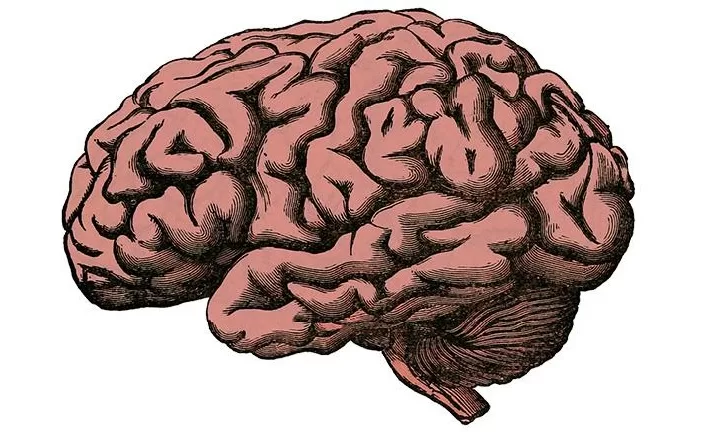Education
Largest Genetic Study of Brain Structure Identifies How The Brain Is Organised

The largest ever study of the genetics of the brain – encompassing some 36,000 brain scans – has identified more than 4,000 genetic variants linked to brain structure. The results of the study, led by researchers at the University of Cambridge, are published in Nature Genetics.
Our brains are very complex organs, with huge variety between individuals in terms of the overall volume of the brain, how it is folded and how thick these folds are. Little is known about how our genetic make-up shapes the development of the brain.
To answer this question, a team led by researchers at the Autism Research Centre, University of Cambridge, accessed MRI scans from over 32,000 adults from the UK Biobank cohort and over 4,000 children from the US-based ABCD study. From these scans, the researchers measured multiple properties of the outermost layer of the brain called the cortex. These included measures of the area and volume of the cortex as well as how the cortex is folded.
They then linked these properties, measured both across the entire cortex as well as in 180 individual regions of the cortex, to genetic information across the genome. The team identified over 4,000 genetic variants linked to brain structure.
These findings have allowed researchers to confirm and, in some cases, identify, how different properties of the brain are genetically linked to each other.
Dr Varun Warrier from the Autism Research Centre, who co-led the study, said: “One question that has interested us for a while is if the same genes that are linked to how big the cortex is – measured as both volume and area – are also linked to how the cortex is folded. By measuring these different properties of the brain and linking them to genetics, we found that different sets of genes contribute to folding and size of the cortex.”
The team also checked whether the same genes that are linked to variation in brain size in the general population overlap with genes linked to clinical conditions where head sizes are much larger or smaller than the general population, known as cephalic conditions.
Dr Richard Bethlehem, also from the Autism Research Centre and a co-lead of the study, said: “Many of the genes linked with differences in the brain sizes in the general population overlapped with genes implicated in cephalic conditions. However, we still do not know how exactly these genes lead to changes in brain size.”
Dr Warrier added: “This work shows that how our brain develops is partly genetic. Our findings can be used to understand how changes in the shape and size of the brain can lead to neurological and psychiatric conditions, potentially leading to better treatment and support for those who need it.”
This study was supported by the Wellcome Trust. It was conducted in association with the NIHR CLAHRC for Cambridgeshire and Peterborough NHS Foundation Trust, and the NIHR Cambridge Biomedical Research Centre.
Source: University of Cambridge


















































